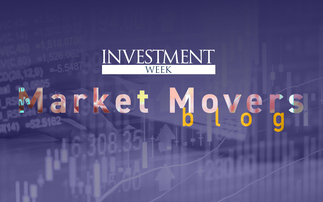The past fortnight has seen market commentary fixated on wild share price moves across certain US-listed stocks including GameStop (GME), as retail investors associated with Reddit forum r/WallStreetBets (r/WSB) piled in as part of a coordinated attack on hedge funds, via a short squeeze.
Re-run or sign of things to come?
Describing r/r/WSB and the broader theme of mass-coordinated retail investing as a "global-scale phenomenon", Tancredi Cordero, CEO of Kuros Associates, is convinced "we are going to see this happening again and again", primarily as a result of vast progress in the technologies enabling retail involvement in public markets.
"What we saw with Reddit and GME was, to some extent, unprecedented in terms of its size and impact," he said. "But we have seen networks of investors that are pulling together, either to squeeze short traders or to corner the market, since the dawn of time.
"What is different today is the network effect, which the internet and technology can provide, and is on a completely different plateau… it is hundreds of times the scale of what can happen around the trading pit.
"We are going to see these kinds of things happening again because the internet is not going anywhere, and investors can communicate with such speed and at such scale today that GME most likely will be one of a few others events [of this kind] that we are going to see in the near future."
ESMA warns firms amid 'surge in trading by retail clients'
For CIO, EMEA at Morningstar Dan Kemp, however, the emphasis on the GME and r/WSB phenomenon should be that "it has nothing to do with investing", and is instead either speculating or alternatively "spending" on a "protest to inflict financial pain on certain hedge funds".
"My longer-term concern is that people who become embroiled in the whole r/WSB situation, and what has been happening with Robinhood, will confuse what has been going on with investing, and that will have longer-term consequences for people's savings and, eventually, retirement," he said.
Kemp is supportive of DIY investing and added those burned by the GME story should be encouraged to "not become disillusioned and continue engaging with capital markets but in a more long-term way".
Ultimately Kemp does not see the GME phenomenon as anything new, noting that it is "very similar to the 1990s" day-trading boom, when "you saw much more engagement in markets, you had more financial television channels, big names pushing individual tech stocks and people who appeared to be making money very quickly in tech IPOs".
However, he agreed with Cordero's assessment that this will not be the last time we see similar retail investment behaviour.
"It is even more rapid because of the connectivity of the internet and social media, news and messages travel much faster - that momentum can build and broaden much more quickly than in the past."














